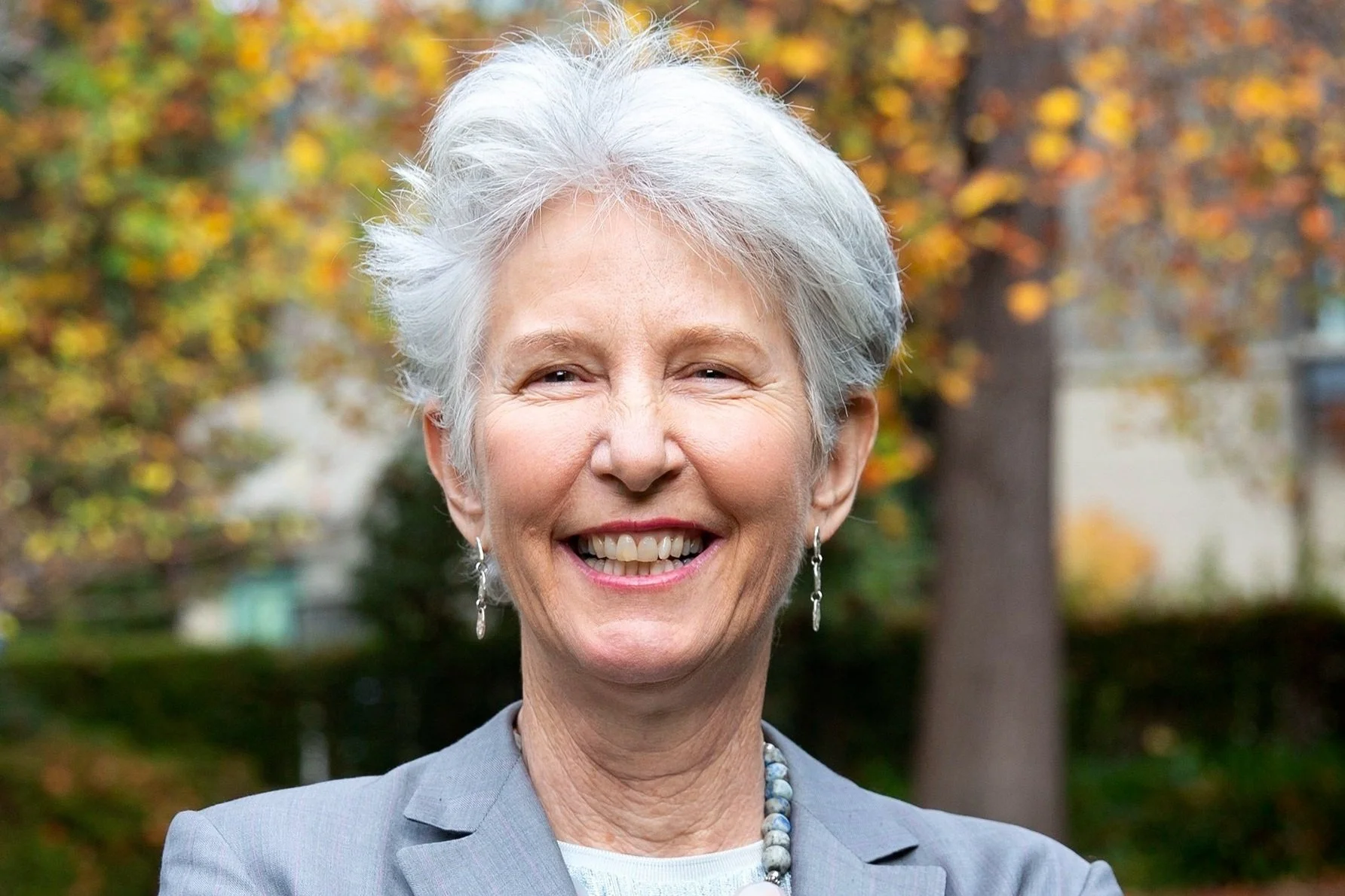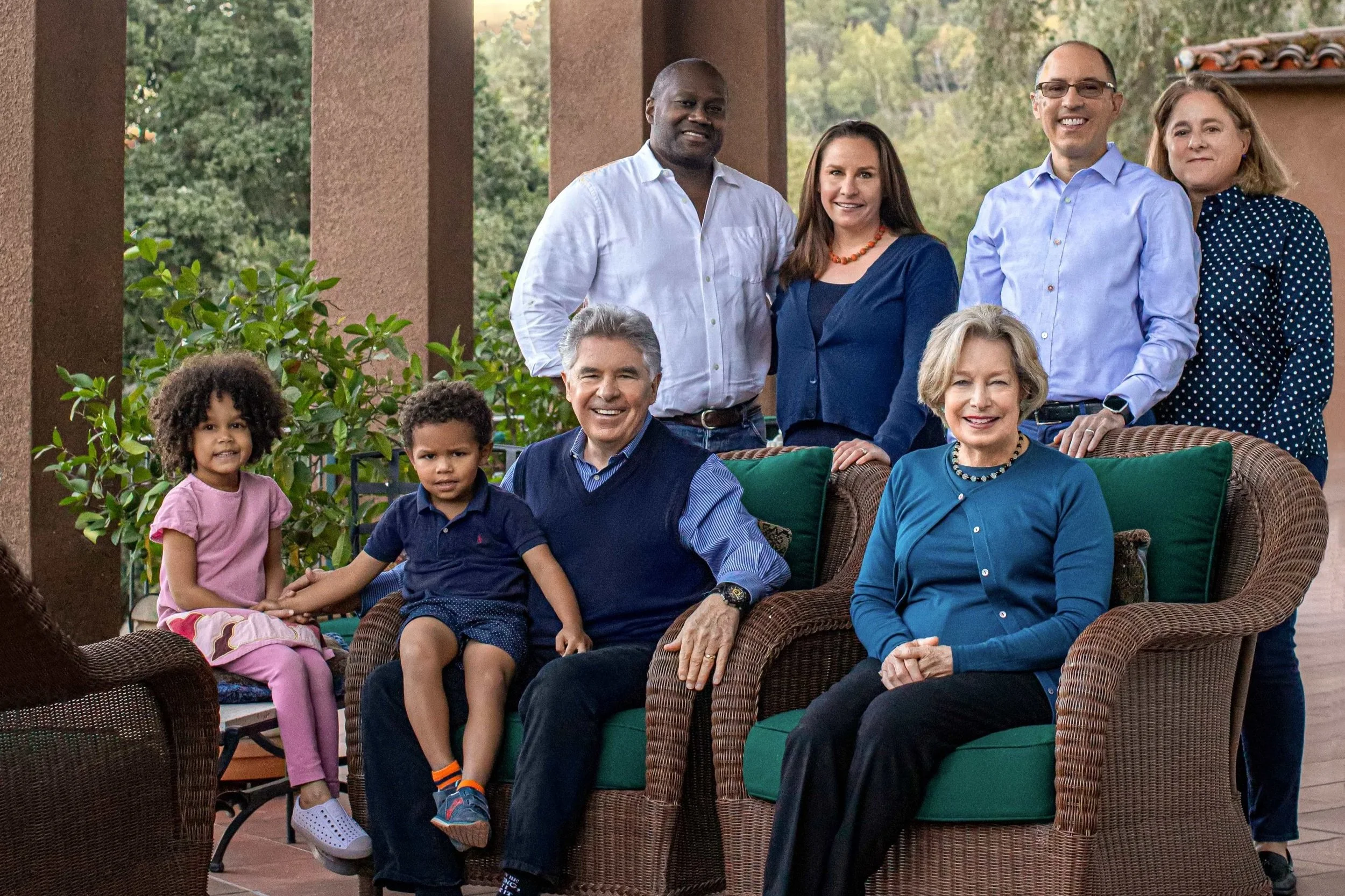A Foundation Aims to Strengthen Connections Between Scientists and Policymakers
/ Tate Williams
Scientists across the country are getting involved in activism and politics on a level we rarely see. Whether it’s in response to draconian immigration policy or unprecedented cuts to science budgets, researchers are picking up protest signs, issuing statements, even planning to run for office.
It’s uncharacteristic—scientists often insist their fields remain apolitical, and there are very few scientists in Congress. As of this writing, there are also few scientists in the White House, either, as President Trump has not yet named his top advisors for science and technology.
However, there is one AAAS program that’s been around since 1973 that actively sends more Ph.D.s into the halls of power, both to introduce them to the political process and to bring a level of scientific rigor to policy. And while science philanthropy remains frustratingly politics-phobic, the Moore Foundation is funding efforts to replicate the program in the states and even other countries.
Related:
- With Deep Budget Cuts Proposed to Science Research, What Should Funders Be Doing?
- Few Science Funders Have Spoken Out Against Trump. Here's Why They Should Take a Stand
The foundation has previously backed AAAS’s federal Science and Technology Policy Fellowships with a couple of grants, and in 2008, seeded a state-level version in the California Legislature with a $3.5 million grant.
The idea behind science policy fellowships is that evidence and principles of the scientific method should drive policy, so we need scientists contributing to the decision-making process that happens among elected officials and their staffs.
As Moore President Harvey Fineberg recently wrote of the program:
Too often, however, scientific facts and evidence are missing or misrepresented in policy deliberations. For example, despite broad consensus within the scientific community, we see debate about the facts related to topics like vaccine safety, genetically-modified organisms, and climate change.
The latest in this line of funding is a 2017 grant for $250,000 to the council that runs the California fellowships to begin developing similar programs in several other state legislatures. Moore also recently funded an AAAS report, “Connecting Scientists to Policy Around the World,” an analysis of best practices in response to growing interest in creating more science and policy fellowships modeled after the AAAS program.
The report was presented at a session of the 2017 AAAS meeting in Boston to a standing room crowd, part of a politically charged annual gathering that happened just down the street from the highly publicized Rally to Stand Up for Science.
I’ve made it pretty clear in previous posts that I think the scientific community has no choice but to take a hard stance against the Trump agenda, and that science funders are making a mistake by sitting politely on the sidelines, given their power and influence. And to be clear, Moore’s commitment to the science policy fellowship model predates our current fiasco.
But even if it’s not a bold statement against Trump’s attacks on science, this funding is a reminder that there’s more than one way to resist anti-science sentiment in our political landscape. Maybe sending more scientists into government, especially state legislatures, can infuse facts and evidence into our national political conversation.






































